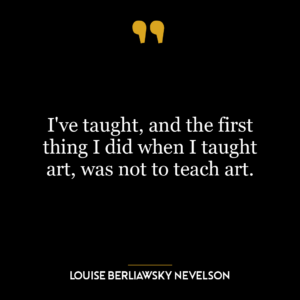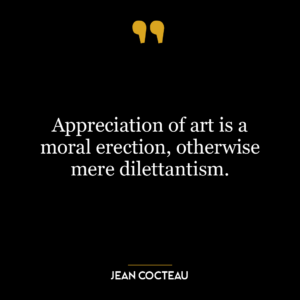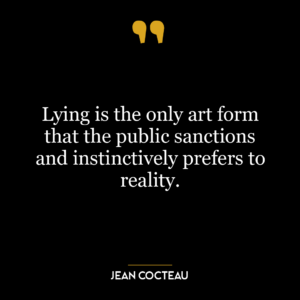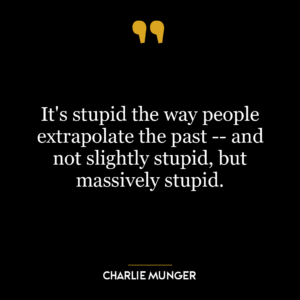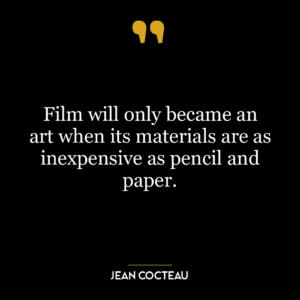This quote speaks to the transient nature of experiences and the finality of creation. In the first part, “I only know that it was, and ceased to be,” the speaker acknowledges the fleeting nature of a particular moment or event. The speaker is aware of its existence and its end, but doesn’t delve into the details or the whys and hows. It’s an acceptance of the ephemeral aspect of life, where things come into being and then cease to exist.
The second part, “and that I have written, and there I leave it,” speaks to the act of creation, specifically writing. Once the author has put their thoughts, feelings, or experiences down on paper, they’ve done their part. They’ve captured a piece of reality as they’ve perceived it and given it a form. Once it’s written, it’s left for others to interpret, to make of it what they will. The author relinquishes control over it.
This quote can be applied to today’s world and personal development in many ways. In a world that is increasingly fast-paced and constantly changing, it underlines the importance of presence, of acknowledging and appreciating moments for what they are. It encourages acceptance of the fleeting nature of life, which can lead to a greater appreciation of the present moment.
In terms of personal development, it speaks to the value of self-expression and letting go. Whether it’s through writing, art, or any form of creative expression, it’s important to give form to one’s thoughts and feelings, to externalize them. And once that’s done, it’s equally important to let go, to not overly attach to one’s creations, to leave them be. This can be a form of catharsis, a way of dealing with one’s emotions and experiences. It can lead to personal growth and a better understanding of oneself.



